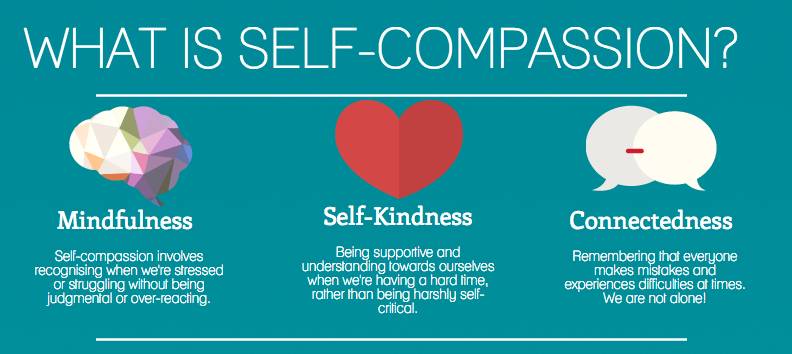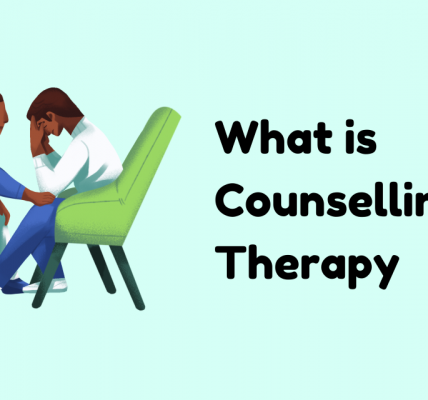Self-compassion involves treating yourself with kindness, understanding, and acceptance, just as you would treat a dear friend. By practicing self-compassion, you can improve your mental health, reduce stress, and enhance overall well-being.
The Benefits of Self-Compassion
- Reduced Stress and Anxiety: Self-compassion can help alleviate stress and anxiety by promoting a more positive outlook.
- Increased Resilience: By being kind to yourself, you can develop resilience to life’s challenges.
- Improved Self-Esteem: Self-compassion can boost your self-esteem and self-worth.
- Enhanced Relationships: Practicing self-compassion can lead to healthier and more fulfilling relationships.
- Greater Happiness: Self-compassion can increase your overall happiness and life satisfaction.
How to Practice Self-Compassion
- Self-Awareness: Pay attention to your thoughts and feelings, without judgment.
- Self-Kindness: Treat yourself with kindness and understanding, especially during difficult times.
- Common Humanity: Recognize that everyone makes mistakes and experiences challenges.
- Mindful Self-Compassion: Practice mindfulness techniques to cultivate self-compassion.
Practical Tips for Self-Compassion
- Positive Self-Talk: Replace self-criticism with self-encouragement.
- Mindful Breathing: Focus on your breath to calm your mind and body.
- Self-Care: Prioritize activities that promote relaxation and well-being.
- Practice Gratitude: Focus on the positive aspects of your life.
- Seek Support: Reach out to friends, family, or a therapist for support and guidance.
By incorporating self-compassion into your daily life, you can cultivate a more positive and fulfilling existence. Remember, it’s okay to be imperfect, and it’s important to treat yourself with kindness and understanding.
Would you like to learn more about specific self-compassion techniques or how to overcome self-criticism?




